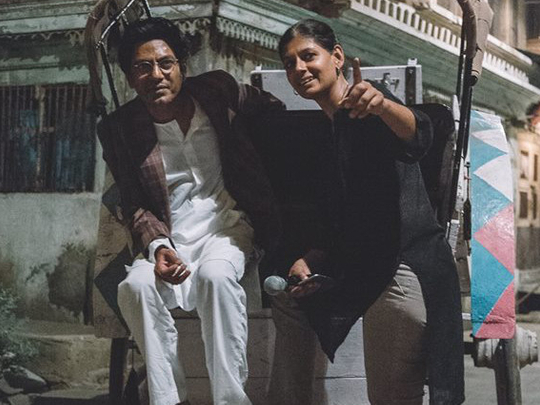
For Bollywood, 2018 has been the year of biopics. Barely have we gotten out of the two back-to-back hockey sagas Soorma and Gold, when it’s time to relinquish the sportive spirit for a spot of sunshine in the literary world.
What shines the brightest in the trailer of Manto is the art direction and the cinematography. Swathed in sepia tones and bright rusty colours denoting a time that has clocked past but is yet to be forgotten in the present, the look of the film is so vivid and nostalgic, it conveys both regret and urgency.
Female directors — be it Reema Kagti in Gold or now Nandita Das for Manto — reflexively gravitate towards the correct colours to convey a past that could well return sometime very soon in the future. Manto’s controversial writing, his vivid description of sexual violence and political turmoil, have been discussed and damned for decades. He is relevant to our times even if we have moved on to Chetan Bhagat.
Here is Manto revived by an actor and a director who get to the centre of Manto’s universe by exploring the ambience that fostered his creative juices while constantly trying to stem its flow.
Das’s film seems to focus on how Manto’s writing and his unorthodox views on love, sex, intimacy and religion influenced his own life and those around him.
“When we were under British rule, we dreamt of freedom. Now when we are free, what do we dream of?” Nawazuddin Siddiqui as Manto wonders aloud.
There is an element of disenchanted irony in Manto’s personality, so evident in the poetry of Sahir Ludhianvi and the cinema of Guru Dutt. Das’s film seems to explore the dark side of Manto’s personality without abandoning the sunshine.
It may be the year of biopics. But I want to see how Siddiqui pulls off two such ideologically opposed personalities as Manto and Shiv Sena leader Bal Thackeray during the same year.











